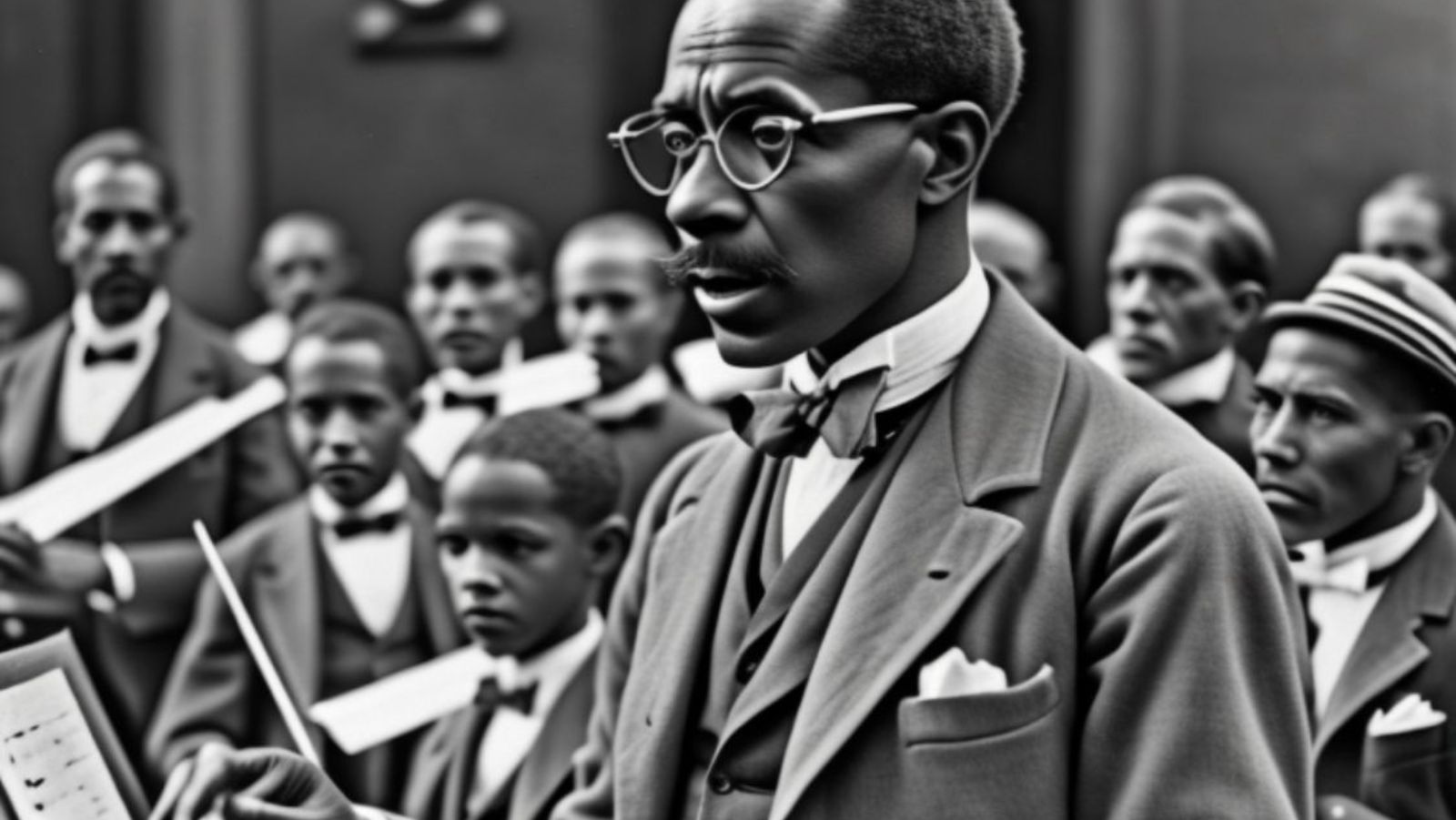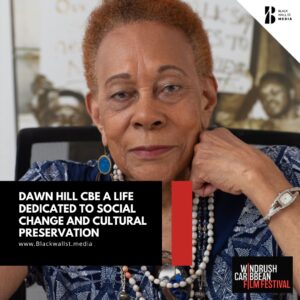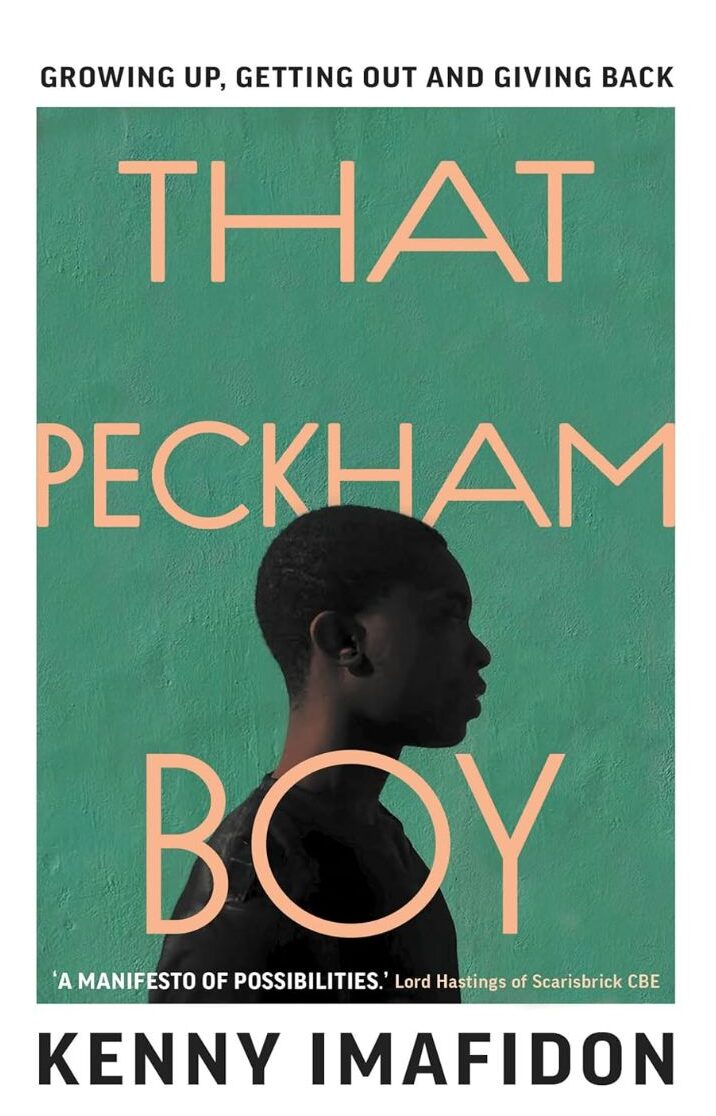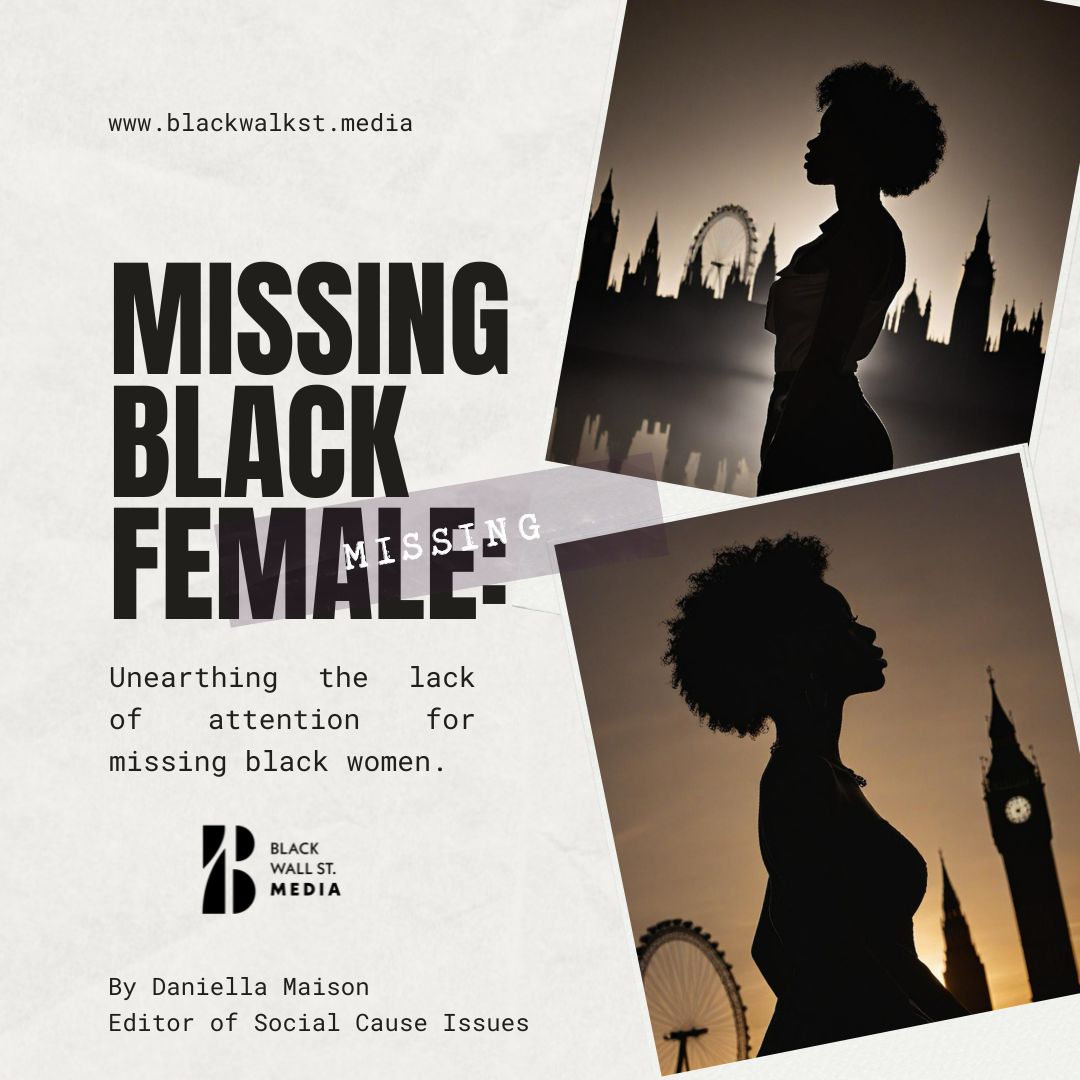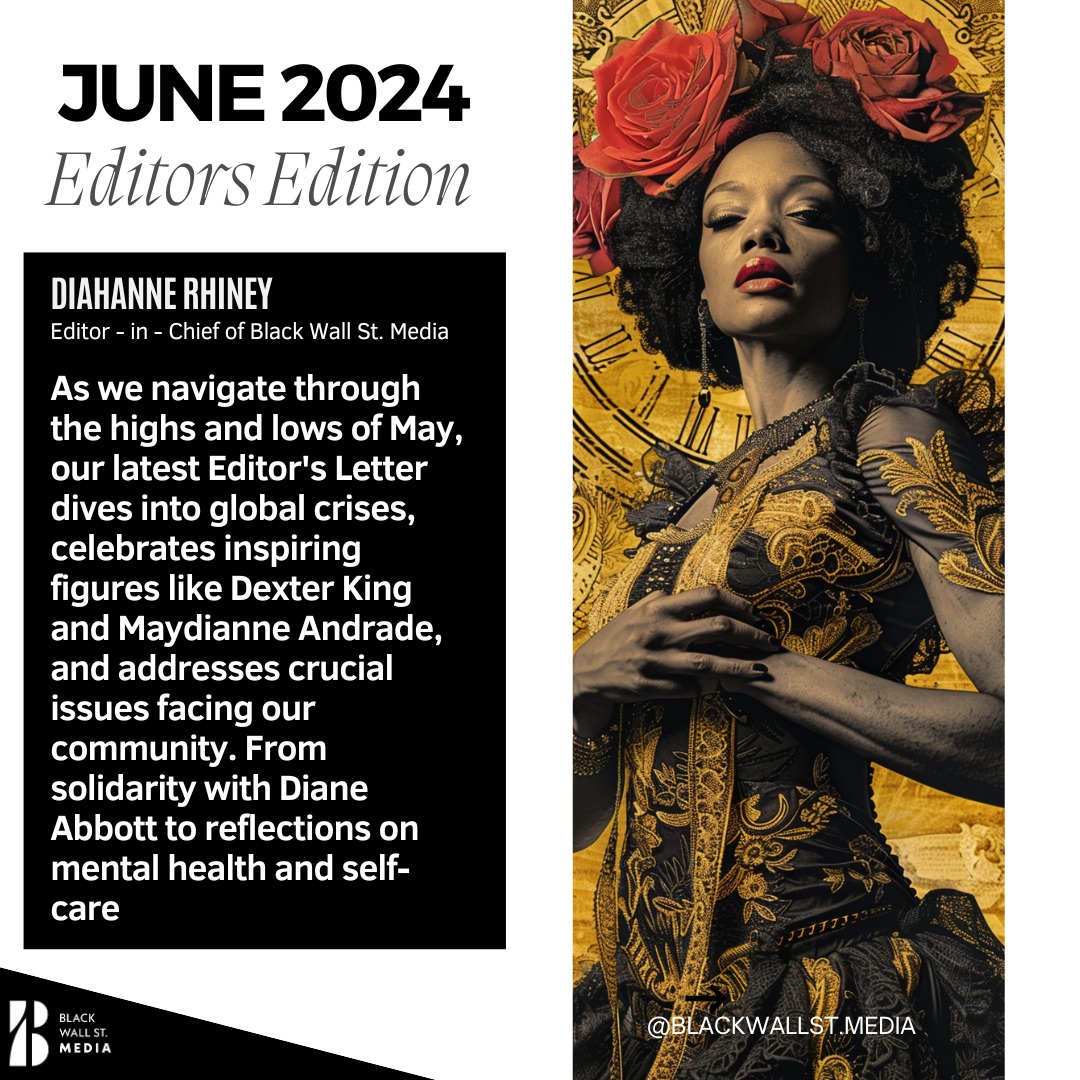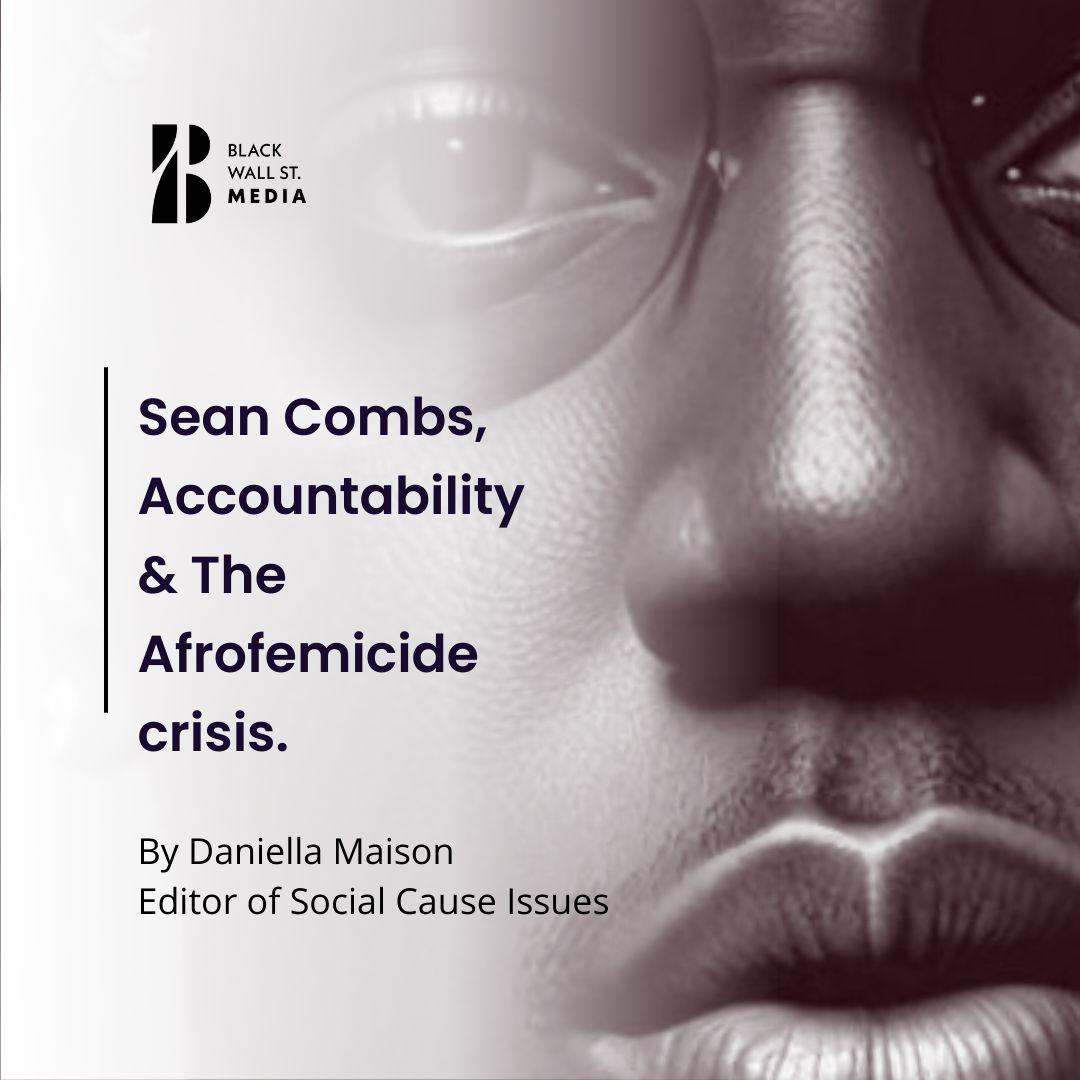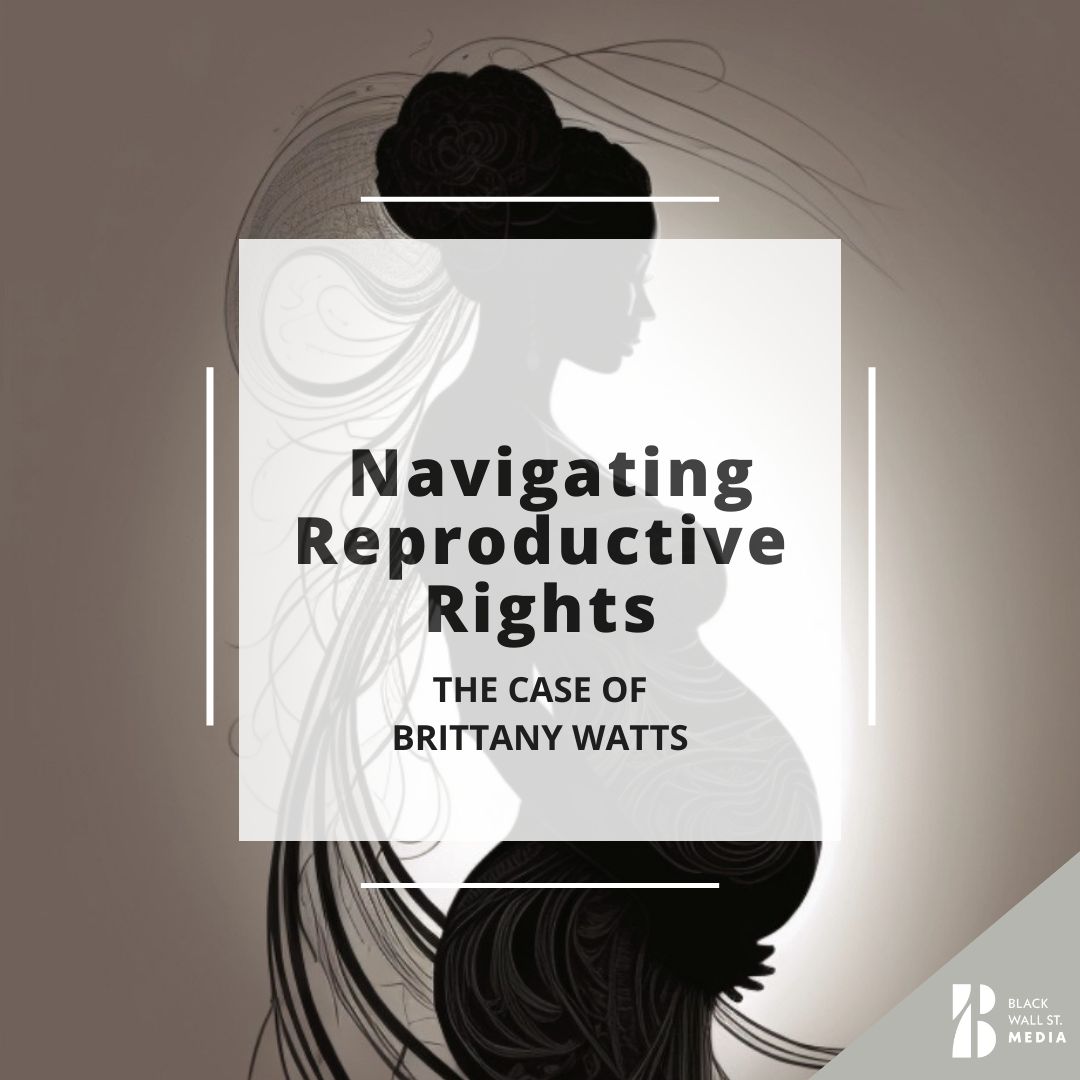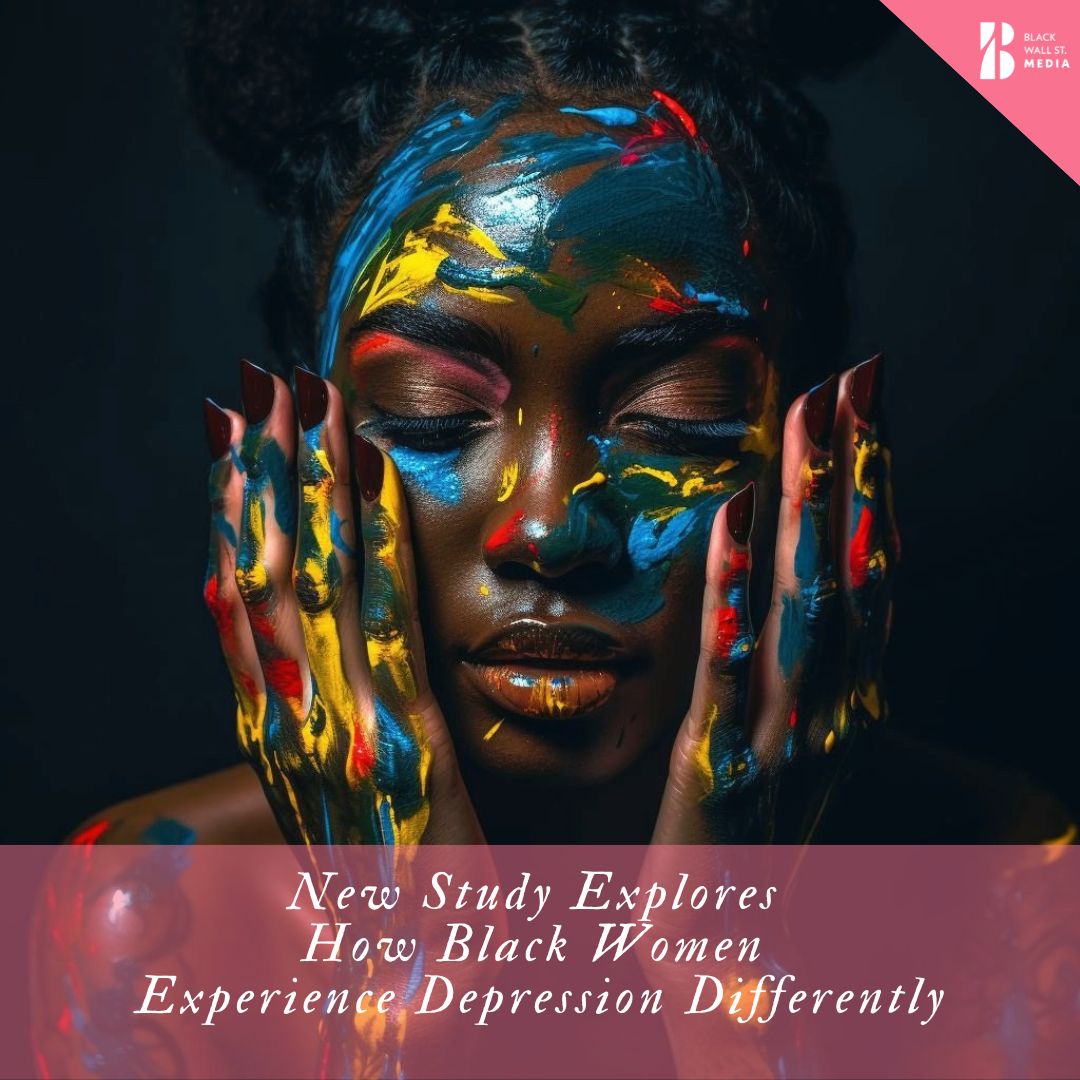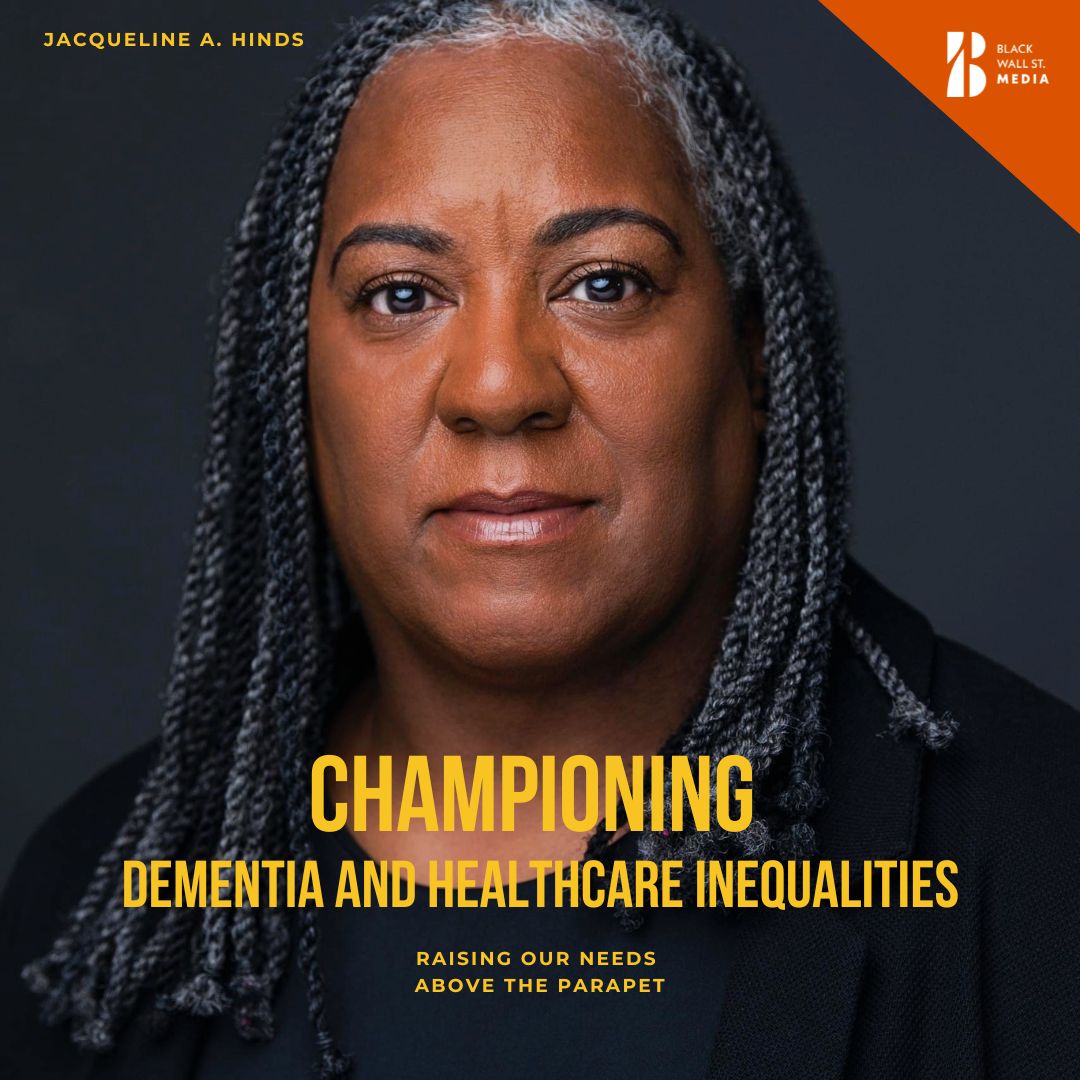HISTORY
Harlem Jazz to Parisian Virtuosity: Dunbar’s Musical Odyssey
“Join us on a journey through the remarkable life of Rudolph Dunbar, a luminary conductor, clarinetist, and composer who broke racial barriers and left an indelible mark on the world of music. From his humble beginnings in British Guyana to historic milestones on the world stage, Dunbar's story is one of resilience, innovation, and dedication to showcasing the talent of Black musicians. Let's celebrate his legacy and the transformative power of music!”
Black Wall Street MediaBlack History Month 2024 - FEBRUARY
Born on the 10th of June in 1907, Rudolph Dunbar, a luminary Guyanese conductor, clarinetist, and composer, etched his name into the annals of musical history with a career that spanned continents and broke racial barriers.
Originating from Nabaclis in British Guyana, Dunbar’s musical journey commenced at the tender age of 14 when he joined the British Guiana Militia Band as a clarinet apprentice, foreshadowing the remarkable trajectory that lay ahead.
Five years later, Dunbar set sail for the United States, where he immersed himself in the world of music at the Institute of Musical Art, now recognized as the esteemed Juilliard School in New York.
Amidst his studies, he found himself entwined with the lively Harlem jazz scene, establishing himself as a recording artist, particularly renowned for his clarinet solos.
It was during this period that he forged a lasting friendship with Black composer William Grant Still, setting the stage for collaborative ventures that would mark both their careers.
After graduating in 1925, Dunbar embarked on a new chapter in Paris, solidifying his reputation as a virtuoso clarinetist. In 1931, the allure of London beckoned, where he not only worked as a music critic but also founded a clarinet school that drew students from various corners of the globe.
Serving with the 48th Highlanders regiment in Quebec and Nova Scotia, Daniel’s wartime experiences went beyond the battleground.
In the midst of duty, he confronted a racially offensive Victory Bond poster in Quebec in 1944. Refusing to tolerate such injustice, Daniel courageously removed the poster, leaving an indelible mark on his journey.
Post-war life beckoned, marked by a seamless transition into community activism. Marriage to June and the arrival of their children, Paul and Jane, did not sway Daniel’s focus.
He played a pivotal role in advocating for African Canadian nurses in Ontario hospitals, a testament to his unwavering commitment to justice.
His expertise culminated in the commission to write the authoritative “Treatise on the Clarinet” (Boehm System) in 1939, a seminal work that endured through ten editions and became a cornerstone reference for the instrument.
Dunbar’s impact extended far beyond personal accomplishments; he championed the performance of music by Black composers.
His collaboration with William Grant Still in the Harlem Orchestra around 1924 is underscored by Still’s dedication for his Festive Overture in 1944: “To my dear friend, Rudolph Dunbar.”
This collaboration was emblematic of Dunbar’s commitment to breaking barriers and showcasing the talent of Black musicians. As a trailblazer, Dunbar achieved historic milestones, becoming not only the youngest but also the first Black man to conduct the London Philharmonic, leaving an indelible mark on classical music.
His groundbreaking achievements continued as he became the inaugural Black conductor at the Royal Albert Hall in London, further solidifying his legacy as a pioneer in the realm of orchestral direction.
During World War II, Dunbar took on a new role as a war correspondent for the Associated Negro Press of Chicago. Fleeing Germany due to the escalating conflict, he returned shortly after the war, leading the Berlin Philharmonic orchestra in battledress.
This historic performance in 1945 made him the first Black man to conduct the Berlin Philharmonic, an accomplishment that resonated globally.
The later years of Dunbar’s life were spent in London, where he continued to contribute to the world of music until his passing on June 10, 1988.
Rudolph Dunbar’s legacy reverberates through the notes of his compositions, the teachings of his clarinet school, and the groundbreaking performances that shattered racial barriers in the world of classical music.
“His enduring impact serves as an inspiration for generations to come, highlighting the transformative power of music and the resilience of a visionary artist who transcended boundaries.”
Black Wall St. MediaContributor

